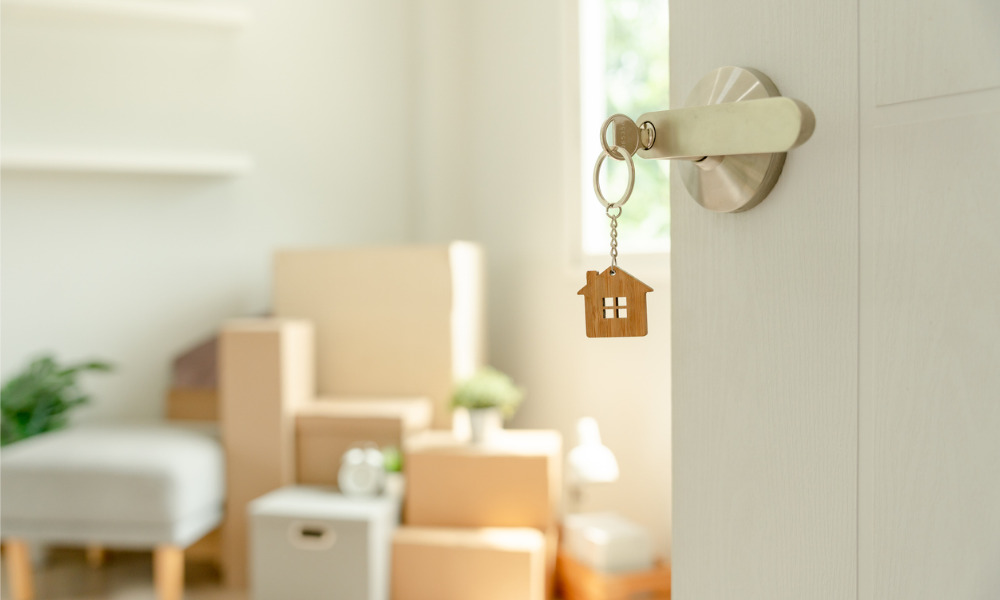New study shows 64% of Americans “ready for a recession” if it means lower mortgage rates

Two in three Americans admit they would welcome a recession if it meant a better chance of them affording their home, a new survey has revealed.
The study, conducted on behalf of Credit Karma and designed for USA Today, surveyed over 2,000 Americans aged 18 and older between May 24 and 26. Of those surveyed, 264 bought a home in the past two years, while 579 had plans to buy one in the next three years.
Now, forced to choose between a mortgage rate skirting the 7% line or stubbornly high home prices informed by a lack of housing stock, an overwhelming majority of Americans (82%) believed the country was undergoing an “unprecedented housing affordability crisis.” Another 64% said they were “ready for a recession” if it meant a lower mortgage rate.
The survey also found that three in five (61%) Americans who have never purchased a home have given up all hopes that they will ever be able to afford one.
“There is no denying how difficult it’s become to purchase a home in America today, especially for first-time buyers,” Credit Karma general manager for home and mortgage Aniva Hinduja told USA Today. “When a majority of potential homebuyers are wishing for a recession so they can afford a mortgage, you know the situation is dire.”
Among homeowners who bought in the past year, almost half (46%) admitted they found it difficult to pay their monthly mortgage payments due to high interest rates. Four in five (84%) said they were forced to make some sacrifices just so they could purchase their home, and 3% said they ended up spending more for their home than they budgeted.
Among the sacrifices recent homebuyers remembered making were:
- Limited or suspended spending on non-necessities – 25%
- Taking on another job for extra income – 22%
- Gave up certain desired home features (e.g. fenced yard, finished basement) – 20%
- Bought a smaller home than they preferred – 23%
- Put previously planned life events on hold – 22%
- Bought outside their ideal home location – 19%
Among those who recently purchased a home – not necessarily within the last year – 36% had to tap into their savings to afford it, 37% used money from another home sale, 19% used money given to them by their family, and 7% took an adjustable-rate mortgage. Nine per cent (9%) did a mortgage-rate buy-down.
“Prospective buyers should be diligent when budgeting for a home, taking into account how much they’ll pay each month in mortgage interest and factoring in other financial obligations they have at a time when borrowing costs are high,” said Hinduja. “They should also give a lot of thought to what potential risks they’re willing to take on to purchase a home in today’s market.
“For instance, while taking out an adjustable-rate mortgage might ease some of the financial burden at the onset of a loan term, borrowers need to make sure they’ll be able to afford their new monthly payments once their rate switches from fixed to variable.”
Learn the pros and cons of taking out an adjustable-rate mortgages in this article.
Looking forward, two in five of the respondents (38%) who planned to buy a home in the next three years said they were willing to take on a side hustle to make extra money or limit their spending on non-necessities to have more to spend on a home in the current housing market, while almost a third (31%) were willing to do a mortgage rate buy-down or lock in a mortgage at a bloated interest rate (29%) in hopes they will drop so they can refinance to buy a home now.
“While many prospective buyers face an uphill battle in today’s housing market, compounded by a challenging economic environment, many of them are getting creative with their home buying strategies to ensure they don’t lose sight of the American dream of homeownership,” said Hinduja.



